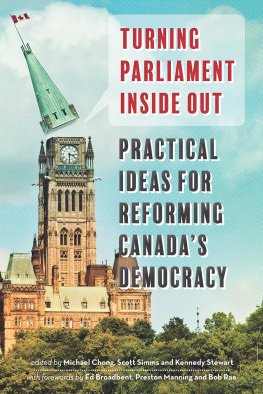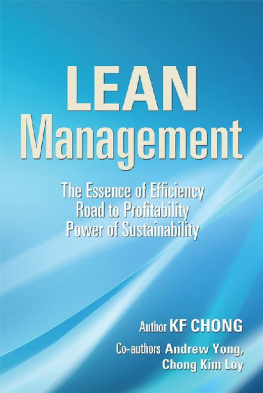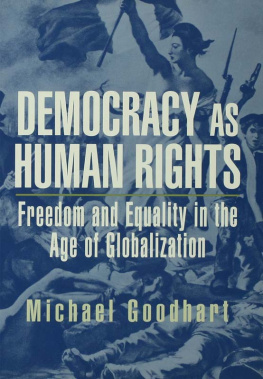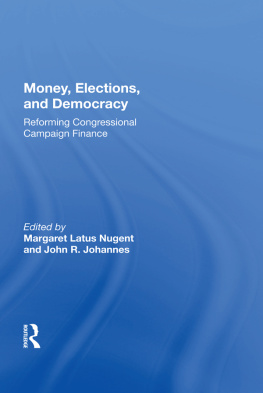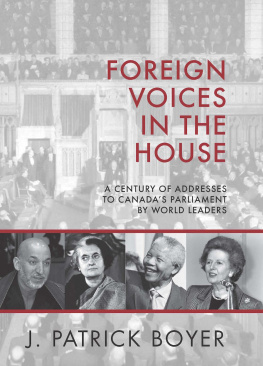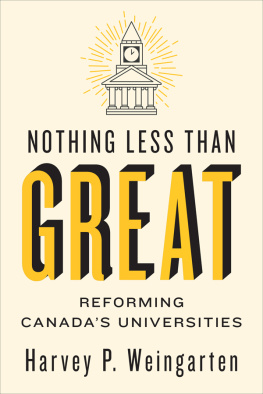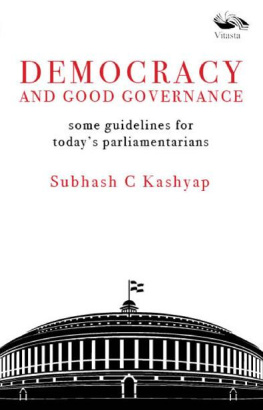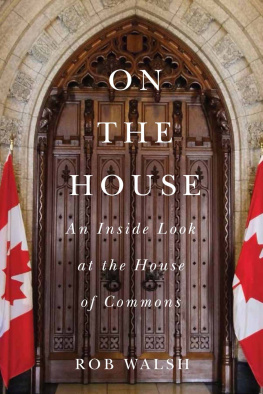Michael Chong - Turning Parliament Inside Out: Practical Ideas for Reforming Canadas Democracy
Here you can read online Michael Chong - Turning Parliament Inside Out: Practical Ideas for Reforming Canadas Democracy full text of the book (entire story) in english for free. Download pdf and epub, get meaning, cover and reviews about this ebook. year: 2017, publisher: Douglas & McIntyre, genre: Politics. Description of the work, (preface) as well as reviews are available. Best literature library LitArk.com created for fans of good reading and offers a wide selection of genres:
Romance novel
Science fiction
Adventure
Detective
Science
History
Home and family
Prose
Art
Politics
Computer
Non-fiction
Religion
Business
Children
Humor
Choose a favorite category and find really read worthwhile books. Enjoy immersion in the world of imagination, feel the emotions of the characters or learn something new for yourself, make an fascinating discovery.
- Book:Turning Parliament Inside Out: Practical Ideas for Reforming Canadas Democracy
- Author:
- Publisher:Douglas & McIntyre
- Genre:
- Year:2017
- Rating:3 / 5
- Favourites:Add to favourites
- Your mark:
- 60
- 1
- 2
- 3
- 4
- 5
Turning Parliament Inside Out: Practical Ideas for Reforming Canadas Democracy: summary, description and annotation
We offer to read an annotation, description, summary or preface (depends on what the author of the book "Turning Parliament Inside Out: Practical Ideas for Reforming Canadas Democracy" wrote himself). If you haven't found the necessary information about the book — write in the comments, we will try to find it.
Michael Chong: author's other books
Who wrote Turning Parliament Inside Out: Practical Ideas for Reforming Canadas Democracy? Find out the surname, the name of the author of the book and a list of all author's works by series.
Turning Parliament Inside Out: Practical Ideas for Reforming Canadas Democracy — read online for free the complete book (whole text) full work
Below is the text of the book, divided by pages. System saving the place of the last page read, allows you to conveniently read the book "Turning Parliament Inside Out: Practical Ideas for Reforming Canadas Democracy" online for free, without having to search again every time where you left off. Put a bookmark, and you can go to the page where you finished reading at any time.
Font size:
Interval:
Bookmark:
Michael Chong,
Scott Simms
and Kennedy Stewart




- Democratic representation: One of the basic responsibilities of elected members of Parliament is to faithfully and accurately represent the views and interests of those Canadians who elected them.
- The rule of law: Our Constitution declares that Canada is founded upon principles that recognize the supremacy of God and the rule of law, and one of the primary tasks of Parliament is to make statute law.
- Fiduciary responsibility and accountability: Parliament is responsible and accountable for the collection and expenditure of public monies.
Font size:
Interval:
Bookmark:
Similar books «Turning Parliament Inside Out: Practical Ideas for Reforming Canadas Democracy»
Look at similar books to Turning Parliament Inside Out: Practical Ideas for Reforming Canadas Democracy. We have selected literature similar in name and meaning in the hope of providing readers with more options to find new, interesting, not yet read works.
Discussion, reviews of the book Turning Parliament Inside Out: Practical Ideas for Reforming Canadas Democracy and just readers' own opinions. Leave your comments, write what you think about the work, its meaning or the main characters. Specify what exactly you liked and what you didn't like, and why you think so.

